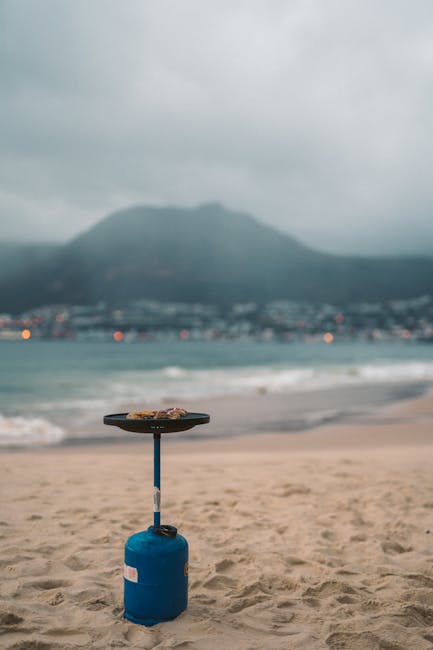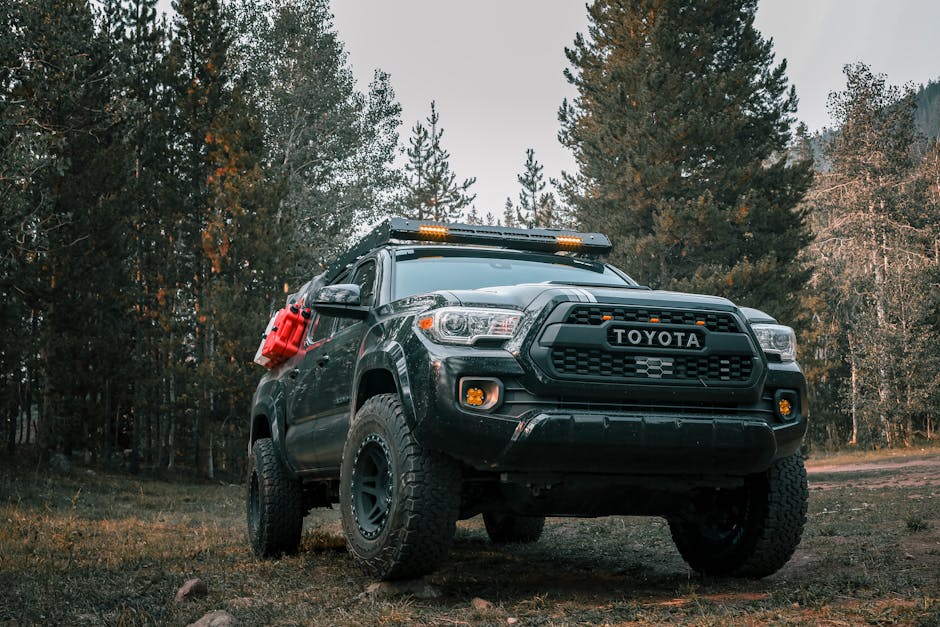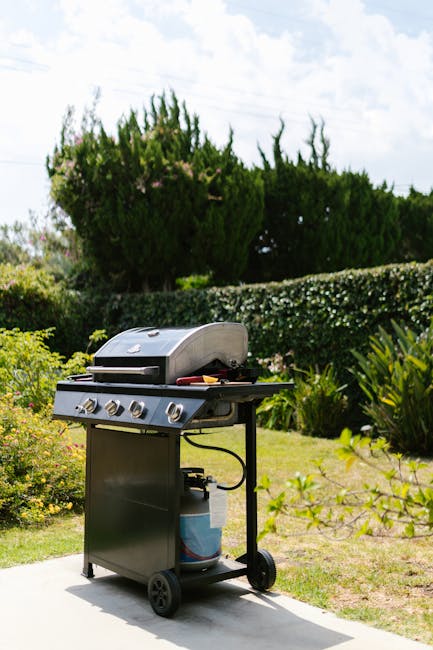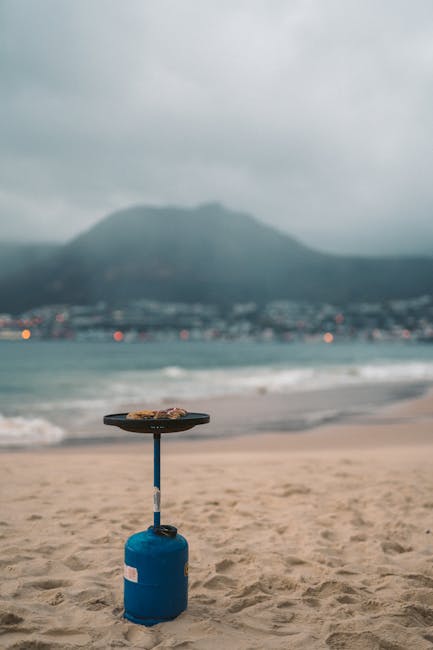Sizzle and Delight: Your Ultimate Guide to Natural Gas Grills
For years, the debate has raged: charcoal versus gas. While charcoal purists swear by its smoky flavor, natural gas grills have quietly become the undisputed kings of convenience, power, and consistent heat. This comprehensive guide dives deep into the world of natural gas grilling, equipping you with the knowledge to choose the perfect grill and master the art of outdoor cooking.

Why Choose a Natural Gas Grill?
Natural gas grills offer several advantages that make them a popular choice for both seasoned grill masters and weekend warriors. Let’s explore some key benefits:
- Convenience: No more messy charcoal briquettes, lighter fluid, or long wait times for coals to reach the ideal temperature. Simply turn the knob and start grilling.
- Consistent Heat: Natural gas provides even heat distribution, ensuring perfectly cooked food every time. Precise temperature control allows you to easily adjust the heat for different cooking methods.
- Quick Startup and Cleanup: Natural gas grills are ready to use almost instantly and require minimal cleanup compared to charcoal grills.
- Safety: Natural gas grills are generally safer than propane grills, as they eliminate the risk of propane tank explosions or leaks.
- Eco-Friendliness (Potential): Depending on the source of your natural gas, it can be a more environmentally friendly option compared to charcoal, which releases significant greenhouse gases during combustion.
Types of Natural Gas Grills
Natural gas grills come in a variety of styles and sizes, catering to different needs and budgets. Understanding these options will help you make an informed decision.
Built-in Grills:
Built-in grills are a popular choice for those who want a seamless integration with their outdoor kitchen. They offer a stylish and sophisticated look and are often equipped with a wide range of features. They require professional installation.
Freestanding Grills:
Freestanding grills are portable and offer greater flexibility in placement. They come in various sizes and designs, from compact models to large grills with multiple burners. They are easier to install than built-in models.
Cart-Style Grills:
Cart-style grills combine portability with added features like side burners, storage, and integrated tool holders. They are a great balance between convenience and functionality.
Key Features to Consider
Before buying a natural gas grill, carefully consider these essential features:
- Number of Burners: More burners provide greater cooking flexibility and allow for simultaneous cooking of various items at different temperatures.
- BTU Output: BTU (British Thermal Unit) output indicates the grill’s heating capacity. Higher BTU output translates to faster heating and more powerful grilling.
- Grates: Stainless steel grates are durable, easy to clean, and provide excellent heat distribution. Porcelain-coated grates offer similar benefits but may be more prone to chipping.
- Side Burners and Warming Rack: Side burners provide additional cooking space for sauces and side dishes, while warming racks keep food warm once cooked.
- Ignition System: Electronic ignition systems are convenient and reliable, eliminating the need for matches or lighters.
- Construction and Materials: Look for sturdy construction from high-quality materials like stainless steel for longevity and durability.
Mastering the Art of Natural Gas Grilling
Once you have your natural gas grill, the real fun begins. Here are some tips to achieve perfect grilling results:

Preheating:
Preheat your grill to the desired temperature for at least 15 minutes before adding food. This ensures even cooking and prevents sticking.

Oil the Grates:
Lightly oil the grates with high-heat cooking oil to prevent food from sticking. Use tongs or a paper towel to avoid burns.
Temperature Control:
Mastering temperature control is key to grilling success. Use a meat thermometer to ensure food is cooked to the proper internal temperature.
Grilling Techniques:
Experiment with different grilling techniques like direct and indirect grilling to achieve different results. Direct grilling uses high heat for searing, while indirect grilling uses lower heat for slower cooking.
Natural Gas Grill Maintenance and Safety
Proper maintenance and safe handling practices will extend the life of your natural gas grill and ensure safe grilling experiences.
- Clean Regularly: Clean your grill after each use to prevent grease buildup and flare-ups. Use a grill brush to scrub the grates and remove any debris.
- Inspect Gas Connections: Regularly inspect gas connections for leaks and damage. Replace any worn or damaged parts.
- Store Properly: Cover your grill when not in use to protect it from the elements. Store the propane tank in a well-ventilated area away from ignition sources.
- Check for Leaks: Before each use, check for gas leaks using soapy water. Bubbles indicate a leak, requiring immediate attention.
Choosing the Right Natural Gas Grill for Your Needs
The best natural gas grill for you will depend on your individual needs and preferences. Consider factors like budget, cooking style, number of people you regularly grill for, and available space. Research different brands and models to find the perfect fit.
Frequently Asked Questions (FAQs)
Here are some commonly asked questions about natural gas grills:
- What type of gas do natural gas grills use? Natural gas grills connect directly to your home’s natural gas line, eliminating the need for propane tanks.
- Are natural gas grills more expensive than propane grills? The initial cost of a natural gas grill can be higher, but the ongoing cost of natural gas is often lower than propane.
- How do I clean my natural gas grill? Regular cleaning is crucial for both performance and safety. Brush the grates and remove any food debris after each use.
- How do I convert a propane grill to natural gas? Propane grills cannot be converted to natural gas. They require different components.
- What are the safety precautions for using a natural gas grill? Always check for gas leaks before using your grill. Never leave your grill unattended while in use. Store your grill properly when not in use.
With proper care and attention, your natural gas grill can provide years of delicious and convenient outdoor cooking experiences. Enjoy the sizzle and the delightful aroma of perfectly grilled food!

